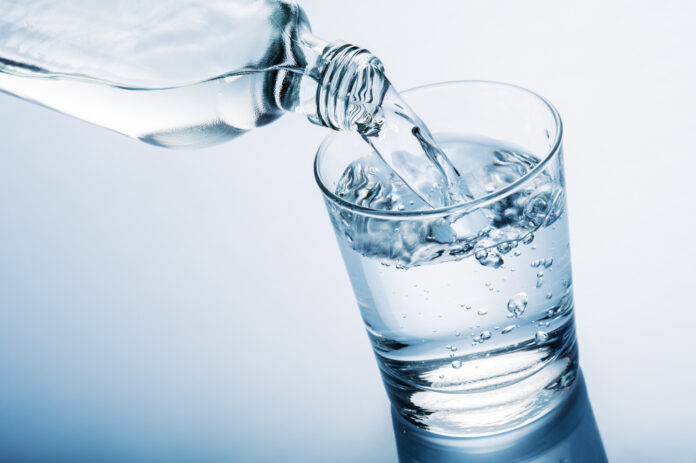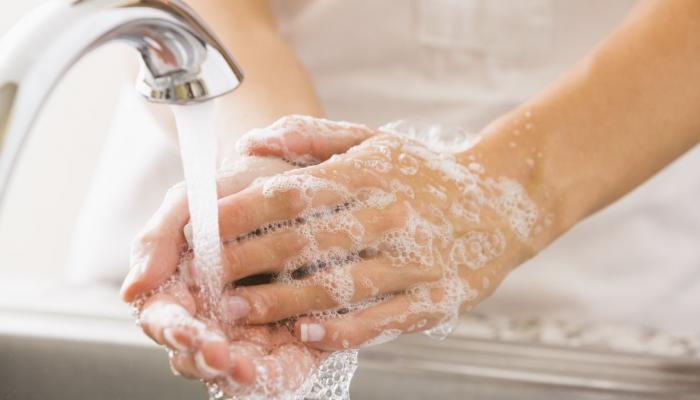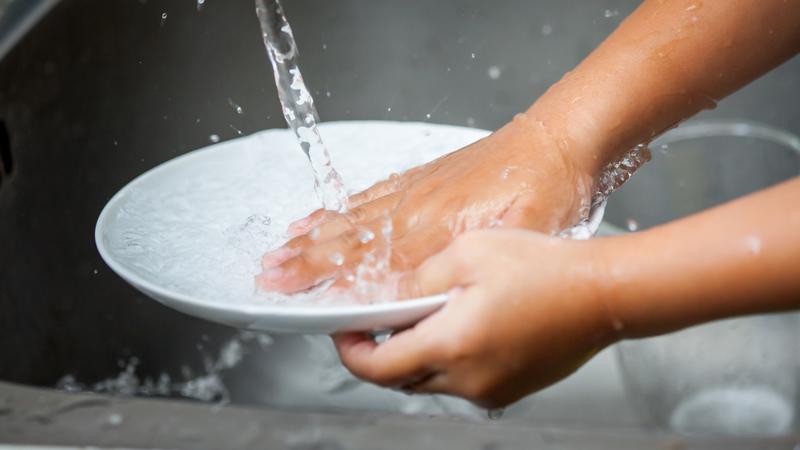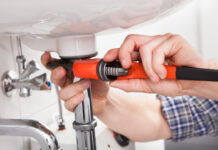Hard water can cause issues in and around your house. If you are also getting hard water in your water supply, you might spot deposits on glassware and your precious silverware. Hard Water can also deposit a film on your bathroom mirrors, bathtubs, and around your plumbing or any device that needs water for functioning.
Why Use Softeners at All?
You can choose the best water softeners only when you know what makes your water hard. The main component of hard water is calcium carbonate, generally found in marbles, chalk, and limestones. Your water supply might carry other types of minerals if it has come from a natural or human-made source. These metals can be copper, magnesium, manganese, zinc, iron, or aluminum.
These can easily deposit and corrode certain materials they encounter, especially when the water is heated (in water geysers and kitchens). At higher temperatures, these minerals and CaCO3 crystallize and form deposits on the surface that they come into contact with.
How Can You Check Whether Your Water Supply Contains Hard Water?
The simple solution to this issue is to find a water testing kit from a nearby hardware store. If you live in a city or county, the chances are that your municipality has had the water regularly tested, so that data can be used to decide whether you need water softeners. And water hardness can be measured in parts per million or by grains per gallon.
How Do Water Softeners Work?
These devices remove calcium and magnesium ions from hard water and replace them with sodium or salts by a process known as ion exchange. Some of the best water softeners come with handy indicators that display the ion concentration and help you maintain the optimum levels of soft water.
Choose Them Based on Your Household
Once you have the number of water’s hardness, you can use that and the number of people in your household to calculate the ppm that your softener system will have to remove per day. Then you can select the water softener that has the capacity to remove those grains of water.
Types of Softeners Out There
-
Ion Exchange Softeners
These are the best water softeners out of all the available options. They have salt or sodium that could replace minerals from the water, making it hardening salt-free.
-
Descalers That Have Electromagnetic Properties
Descalers reverse the electromagnetic properties of the ions that need to be removed. Once this process is complete, the reverse polarity assures that hard water doesn’t corrode your plumbing.
-
Softeners With Dual Tank
Softener beds are made out of resin that has to be recharged, which takes time. Dual tanks have separated resin beds that usually aren’t recharged simultaneously, making one of the softener tanks still functional.
Though there are many types of water softeners available in the market, you should choose one that is suitable for your case. Hard water doesn’t only spoil your utensils and plumbing; it can even cause health issues. Considering these problems, it is quite apparent that you need to install this device if your water supply contains hardening minerals.




















